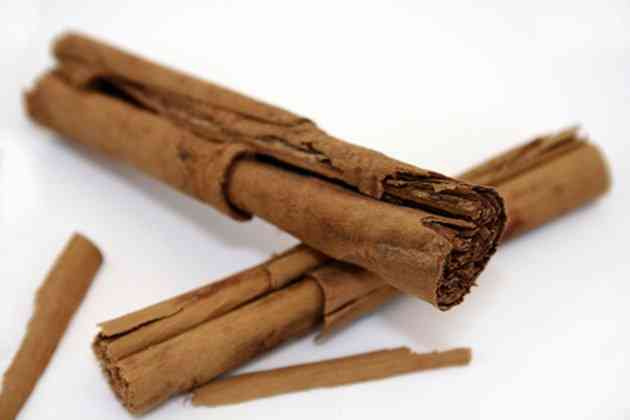Home Remedies to Prevent Herpes Outbreaks

The herpes simplex virus that caused your first herpes outbreak remains in your body forever, reactivating often indiscriminately. According to the Centers for Disease Control, the HSV (types 1 and 2) that causes genital herpes outbreaks reactivates less frequently after the first year of exposure, with symptomatic recurrences decreasing in duration and severity. Conventional medication used to prevent and treat herpes outbreaks consists of prescription oral medications called antivirals. While these medications can suppress the frequency of herpes outbreaks by up to 70 to 80 percent, the American Social Health Association notes that this treatment isn't a requirement for any patient. Some home remedies may be helpful in preventing herpes outbreaks.
 Fish filets (Image: ajafoto/iStock/Getty Images)
Fish filets (Image: ajafoto/iStock/Getty Images)Physical Triggers
Medical experts still don't know what causes HSV to reactivate, says the National Women's Health Information Center, although some herpes sufferers eventually learn to identify and avoid physical triggers. The International Herpes Management Forum points out that these vary from one person to the next, but some common physical triggers include drinking excessive amounts of alcohol, prolonged fatigue, sun exposure, injury to the skin, other genital infections or other circumstances in which the immune system is weakened. Even friction caused by sexual intercourse can trigger another herpes episode.
Psychological Triggers
The IHMF notes that studies indicate that extended periods of stress are linked to more frequent herpes outbreaks, as well as stress associated with the outbreaks themselves. Integrative physician Dr. Andrew Weil places emphasis of recognition of the "mind-body connection" and suggests consulting with a practitioner of clinical hypnosis or interactive guided imagery to learn self-guided techniques.
Supplements
Mayo Clinic experts indicate that the supplement L-lysine reportedly is effective in preventing herpes outbreaks in some individuals, although unlike prescription antivirals, it has not been proven to protect sexual partners against HSV transmission. If you choose to use L-lysine, Weil suggests taking 500 to 1,000 mg each day. Weil points out that L-lysine is not always a successful remedy for genital herpes. Monolaurin, which is sold under the trade name Lauricidin, is another antiviral supplement that may be helpful, but Weil stresses that this should only be taken if recommended and prescribed by a physician.
Diet
Weil recommends increasing the amount of L-lysine you get through your daily diet. Foods that include L-lysine include fish, potatoes, yogurt and Brewer's yeast. Weil also advises cutting down on foods that contain L-arginine, an amino acid that's been linked to herpes outbreaks. Foods that contain L-arginine include nuts, seed, chocolate and peas.




